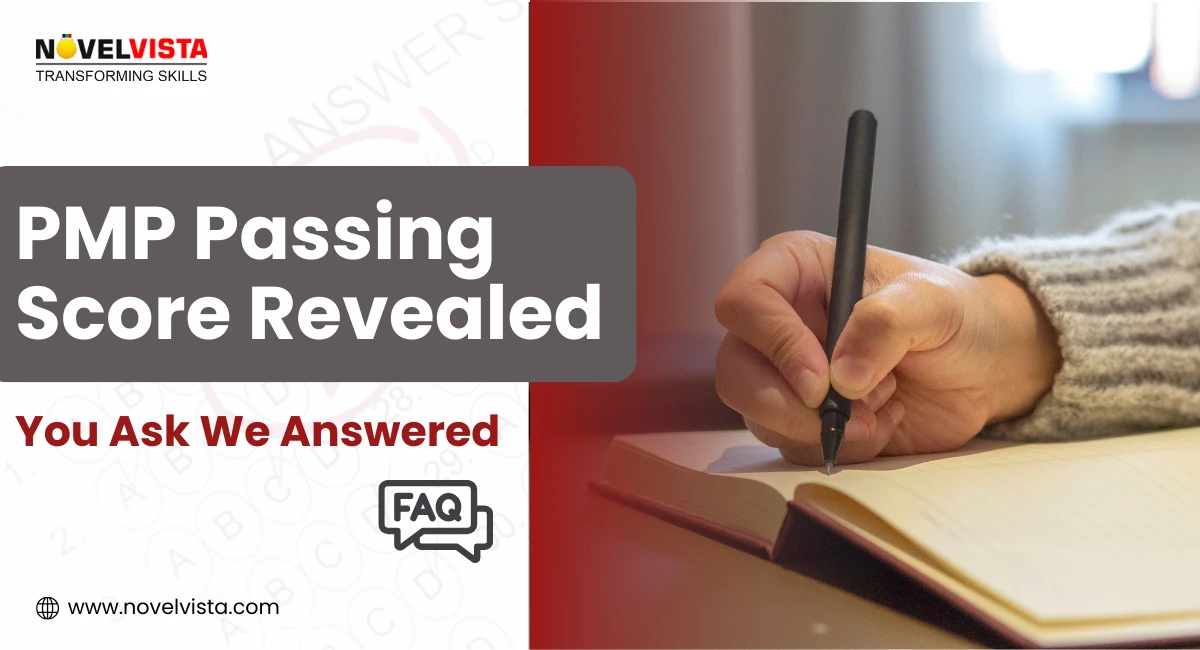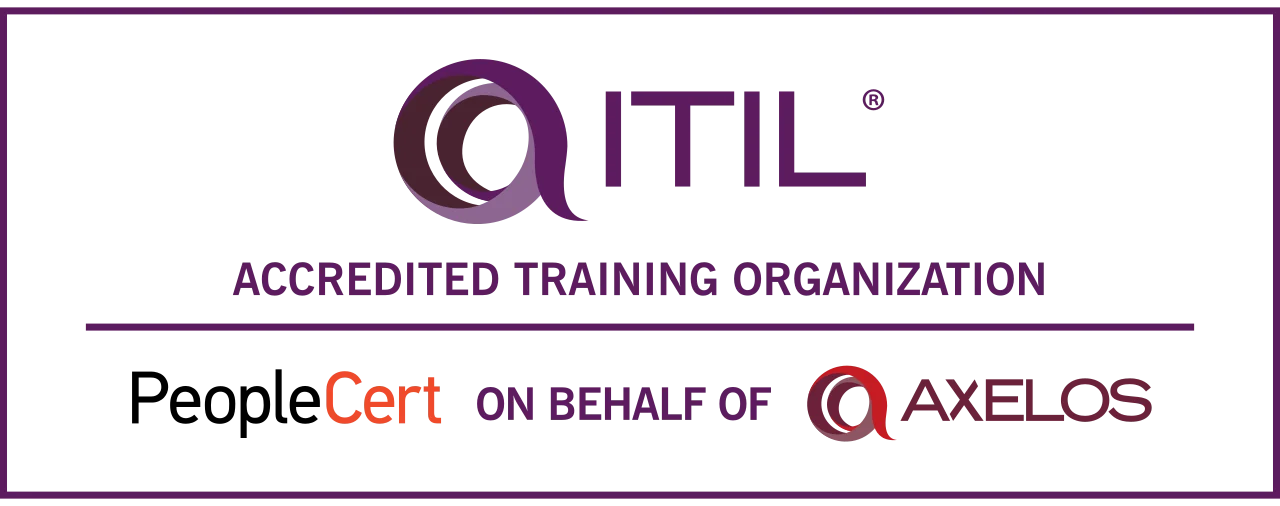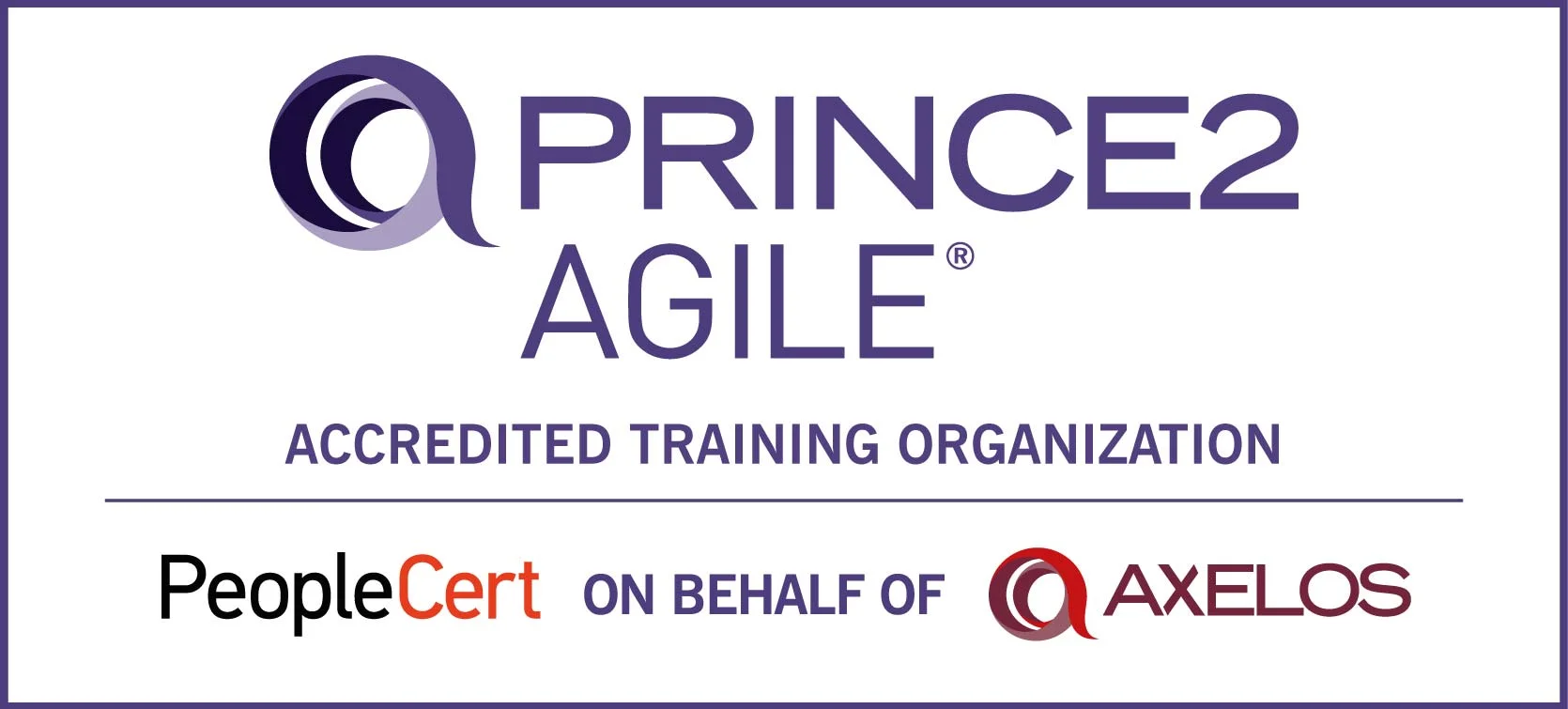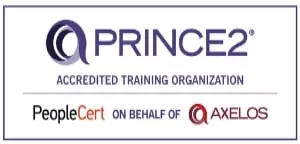- What is PRINCE2?
- What is PRINCE2 Foundation Certification?
- What is PRINCE2 Practitioner Certification?
- PRINCE2 Foundation vs Practitioner: Key Differences
- Benefits of PRINCE2 Foundation and Practitioner Certification
- Who Should Choose PRINCE2 Foundation or Practitioner?
- Exam Details: PRINCE2 Foundation and Practitioner
- Career Opportunities After PRINCE2 Certification
- Conclusion
- Next Step
What is PRINCE2?
PRINCE2, short for Projects in Controlled Environments, is a project management methodology used globally by organizations to ensure projects are delivered on time, within scope, and within budget. It’s not tied to any particular industry, which is why you’ll find PRINCE2 being applied in IT, construction, finance, healthcare, and more.
The PRINCE2 framework is built on 7 principles, 7 themes, and 7 processes. Here’s a quick breakdown:
- Principles: Core guidelines like continued business justification, learning from experience, defined roles and responsibilities.
- Themes: Focus areas such as risk, change, quality, and organization that you monitor throughout the project.
- Processes: Step-by-step stages of project management, from initiating and planning to controlling and closing projects.
Organizations adopt PRINCE2 because it provides clarity, control, and repeatability. Teams know exactly what to do, when, and how, reducing risks and increasing the chance of project success.
What is PRINCE2 Foundation Certification?
Now, let’s answer “what is PRINCE2 Foundation certification?”. The Foundation level is the entry-level certification for beginners who want to understand the PRINCE2 methodology and how it works in practice.
Key points about PRINCE2 Foundation:
- Objective: To understand the principles, terminology, and methodology of PRINCE2.
- Target Audience: Aspiring project managers, team members working on projects, and students interested in project management.
- Exam Format: Multiple-choice questions testing your knowledge of PRINCE2 principles, themes, and processes.
- Certification Validity: Lifetime. Once you pass, you’re certified for life.
Learning PRINCE2 at this level gives you a solid foundation to contribute effectively to projects. You’ll be able to speak the project management language confidently, follow processes properly, and understand project documentation.
A common question is “What is the PRINCE2 foundation cost?”. Training costs vary depending on the provider, delivery method (online vs classroom), and location, but you can expect them to range from ₹20,000 to ₹35,000 (~$250–$450). While this is an investment, the value you gain in career growth and project readiness makes it worthwhile.
What is PRINCE2 Practitioner Certification?
Moving beyond the basics, “What is PRINCE2 Practitioner?” This certification is for experienced professionals who want to apply the PRINCE2 methodology to real-world project scenarios.
Key points about PRINCE2 Practitioner:
- Objective: Apply PRINCE2 principles to manage and deliver projects successfully.
- Target Audience: Project managers, consultants, senior professionals, and anyone responsible for managing projects.
- Exam Format: Scenario-based questions where you need to demonstrate practical application of PRINCE2.
- Prerequisite: You must pass the PRINCE2 Foundation exam before attempting the Practitioner.
- Certification Validity: 3 years (renewal required to maintain certification).
One important query is “how long is PRINCE2 Practitioner exam?” Typically, it lasts 2.5 hours and tests your ability to analyze project scenarios and apply the methodology correctly. It’s more challenging than the Foundation exam because it emphasizes practical understanding rather than theoretical knowledge.
Practitioner certification equips you to lead projects, make informed decisions, and tailor PRINCE2 processes to the project’s needs, making you a valuable asset to any organization.
PRINCE2 Foundation vs Practitioner: Key Differences
Here’s a simple comparison to understand the difference between PRINCE2 Foundation and Practitioner certifications:
|
Aspect |
PRINCE2 Foundation |
PRINCE2 Practitioner |
|
Level of Knowledge |
Basic understanding of principles and terminology |
Advanced, applied knowledge for real-world scenarios |
|
Exam Format |
Multiple choice |
Scenario-based questions |
|
Prerequisite |
None |
Foundation certification required |
|
Validity |
Lifetime |
Requires renewal (3 years) |
|
Focus |
Understanding |
Application and decision-making |
|
Target Audience |
Beginners, team members, students |
Experienced professionals, project managers, consultants |
|
How Long is the Exam |
1 hour |
2.5 hours |
In short, Foundation is for learning and understanding, while Practitioner is about applying that knowledge in real projects. Most serious project managers eventually pursue both certifications to get a complete grasp of PRINCE2.
Understanding this difference helps you plan your career path wisely. For example, if you’re starting, go for Foundation first, then move to Practitioner when you’re ready to handle larger projects independently.
Benefits of PRINCE2 Foundation and Practitioner Certification
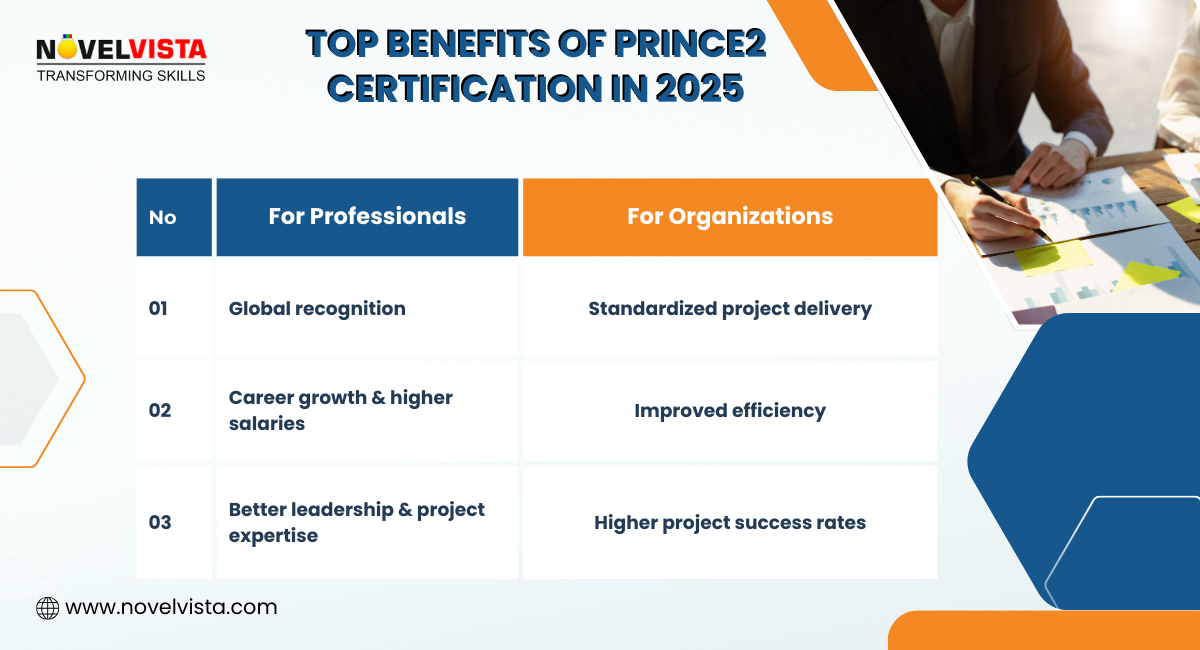
Obtaining a PRINCE2 certification isn’t just about adding a line to your resume, it brings real-world advantages for both professionals and organizations.
For Professionals:
- Global Recognition: PRINCE2 is recognized in over 150 countries. Holding Foundation or Practitioner certification immediately signals your competence in structured project management.
- Career Growth: Certified professionals are often preferred for project roles. Whether you want to become a project manager, PMO analyst, or consultant, PRINCE2 gives you an edge.
- Higher Earning Potential: Project managers with PRINCE2 certification typically earn more than non-certified peers. Across regions, PRINCE2-certified professionals earn 10–25% higher salaries.
- Leadership Skills: Beyond tools and processes, PRINCE2 teaches you decision-making, risk management, and project control, skills that make you a better leader.
For Organizations:
- Standardized Project Delivery: Teams following PRINCE2 have clear guidelines and roles, leading to consistent project execution.
- Efficiency & Reduced Risk: Structured methodologies reduce miscommunication, delays, and project overruns.
- Higher Project Success Rates: With PRINCE2-trained staff, organizations are more likely to complete projects on time, within budget, and according to scope.
Simply put, PRINCE2 certification helps individuals grow and organizations perform better, creating a win-win scenario.
Who Should Choose PRINCE2 Foundation or Practitioner?
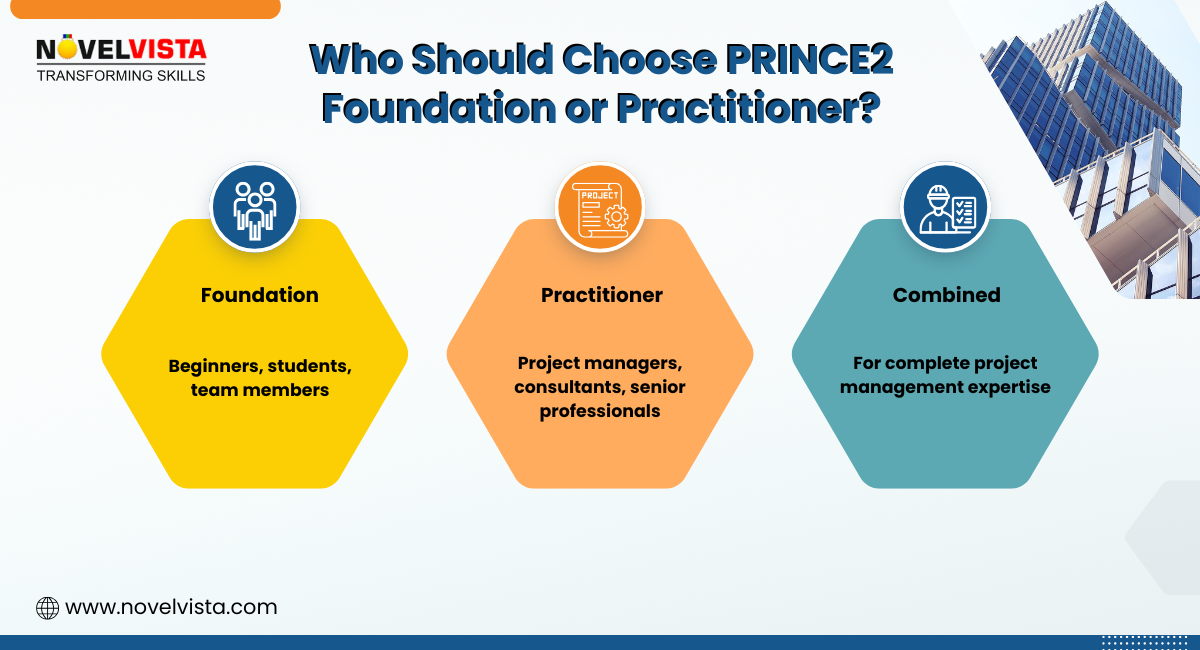
Choosing the right certification depends on your experience and career goals:
- PRINCE2 Foundation: Ideal for beginners, students, or team members who are part of project teams. It helps you understand project roles, terminology, and processes without being overwhelmed.
- PRINCE2 Practitioner: Designed for experienced project managers, consultants, and senior professionals who manage or lead projects. The practitioner focuses on applying methodology in complex, real-life scenarios.
- Combined Approach: If you aim to be a full-spectrum project management professional, pursuing both certifications is the best approach. Start with the Foundation to grasp basics, then move to the Practitioner for applied expertise.
This stepwise approach ensures that you build knowledge logically and are prepared for both exams and real-world project challenges.
Download: Free PRINCE2 Exam Prep Kit
Ace Your PRINCE2 Exam with Confidence.
Get practice questions, study tips, and a complete
prep kit trusted by top scorers.
Exam Details: PRINCE2 Foundation and Practitioner
PRINCE2 Foundation Exam:
- Format: Multiple-choice questions
- Number of Questions: 60
- Duration: 1 hour
- Pass Marks: 33/60 (55%)
- Focus: Understanding principles, themes, and processes
PRINCE2 Practitioner Exam:
- Format: Scenario-based questions
- Number of Questions: 68 (objective testing)
- Duration: 2.5 hours
- Pass Marks: 38/68 (55%)
- Focus: Applying PRINCE2 principles and processes to project scenarios
- How long is the PRINCE2 Practitioner Exam: 2.5 hours, enough to test your applied knowledge without being rushed
It’s common to ask “how long is PRINCE2 Practitioner exam?”, and the answer is that the 2.5-hour duration gives you ample time to analyze scenarios, apply methodology, and demonstrate understanding. The exam isn’t just about memorization; it’s about showing that you can think like a project manager.
Career Opportunities After PRINCE2 Certification
PRINCE2 certifications open doors globally. Here’s a quick snapshot of opportunities:
- Project Manager: Lead and manage projects across industries, from IT to construction.
- Program Manager: Oversee multiple related projects and ensure alignment with organizational goals.
- PMO Analyst/Coordinator: Support project offices with structured reporting, risk analysis, and governance.
- Consultant: Provide expertise to organizations adopting the PRINCE2 methodology.
Global demand: PRINCE2 professionals are in demand in Europe, Asia, and the Middle East. A recent survey shows that organizations increasingly prefer PRINCE2-certified candidates to ensure standardized project delivery.
Salary Insights:
- India: ₹8–20 LPA for certified professionals, depending on experience
- UK: £45,000–£70,000 per year
- US: $75,000–$110,000 per year
Clearly, the investment in PRINCE2 Foundation cost and practitioner certification pays off in higher earning potential and career growth.
Conclusion
PRINCE2 certification, whether Foundation or Practitioner, equips you with globally recognized project management skills. Foundation teaches you what PRINCE2 is, while Practitioner shows how to apply it in real-world projects. Both certifications together create a complete toolkit for project success and career advancement.
Next Step
Take your project management career to the next level with NovelVista’s PRINCE2 Foundation & Practitioner Certification Training. Get real-world knowledge, practical insights, and globally recognized credentials to lead projects with confidence.
- Learn the methodology with real-life case studies
- Gain both Foundation and Practitioner expertise
- Prepare for certification with expert guidance
Enroll today and future-proof your career!
Author Details

Akshad Modi
AI Architect
An AI Architect plays a crucial role in designing scalable AI solutions, integrating machine learning and advanced technologies to solve business challenges and drive innovation in digital transformation strategies.
Course Related To This blog
PRINCE2 Agile® Foundation
PRINCE2 Agile® Foundation & Practitioner
PRINCE2® Foundation & Practitioner
PRINCE2® Foundation
PRINCE2® Practitioner
Confused About Certification?
Get Free Consultation Call



